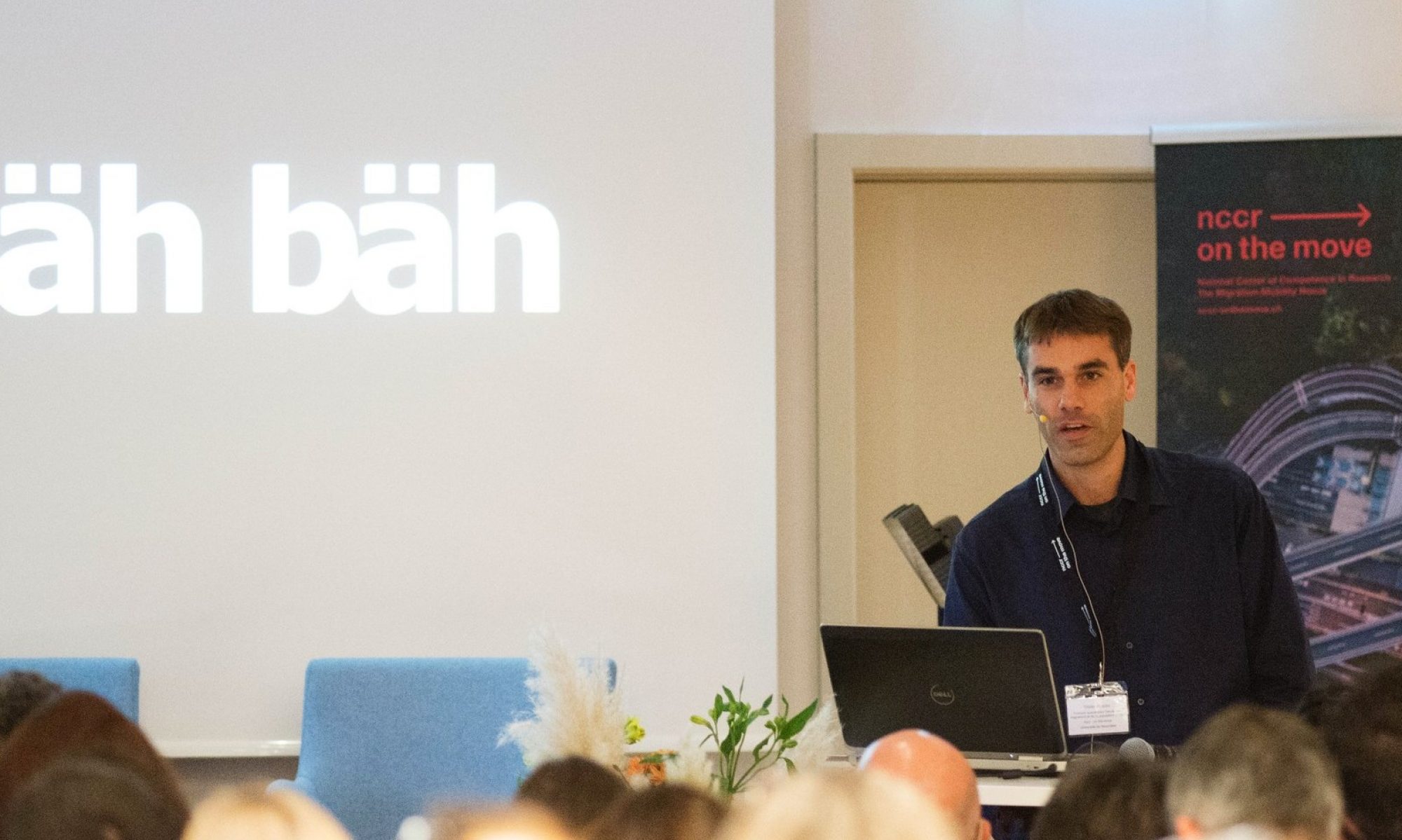At the SFM, we’ve had the pleasure to welcome Sofia Stellacci of Gymnase de Morges, our first winner of the PrixMatude with an excellent presentation on “How can we improve the lodging process for Ukrainian refugees in host families in the Canton of Vaud?”. The bar is set high for the years to come, and we look forward to receiving the next round of applications early next year!
Follow the media? News environment and public concern about immigration
I’m a second-generation mother, too!
I’m excited to announce a new publication by Lisa Borrelli and myself, out now in Comparative Migration Studies. We challenge our peers to be more careful precise with how we describe immigrants and their descendants, criticizing in particular the terms ‘second generation’ and ‘migration background’.
The article has been in the works for years, and just the peer review took almost two years, but the argument hasn’t ceased to be relevant (though the text has become more sober and organized, engages more explicitly with existing literature, and has gained an analysis of how key terms are used in contemporary migration research). We argue that the shortcuts we use to describe immigrants and their descendants can obfuscate what is really going on, and with that prevent us finding solutions where there are real problems.

Borrelli, Lisa Marie, and Didier Ruedin. 2024. ‘Towards a Precise and Reflexive Use of Migration-Related Terminology in Quantitative Research: Criticism and Suggestions’. Comparative Migration Studies 12 (10). https://doi.org/10.1186/s40878-024-00369-0.
Out now: Migration debates in the Political Party Arena during the Covid-19 Pandemic in Austria
Joint work with Leila Hadj Abdou out now in Governance: we examine how political parties debated the contribution of immigrants during the Covid-19 pandemic. In particular, we emphasize how the category of “essential workers” allowed the centre right to support migration for specific immigrants while maintaining a negative stance to others (notably asylum seekers). We argue that crises re-emphasize such bifurcation strategies and implicitly question those voices who assumed/hoped that a more positive discourse on some immigrants (those “essential” workers) would spill over to other immigrant groups. Instead of a blurring, we can identify clear differentiation.
A board game on human rights
At the Swiss Forum for Migration and Population Studies, we’ve helped develop a board game on human rights. The game was created by Helvetiq and was initiated by the department for multicultural cohesion (COSM) of the Canton of Neuchâtel (French only at this time).
Link to publisher (also available from Payot)
Video from the university (the game is presented at the beginning, in French). Grégory Jaquet from the department for multicultural cohesion of the Canton of Neuchâtel came to visit us to play the game.

